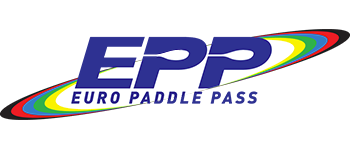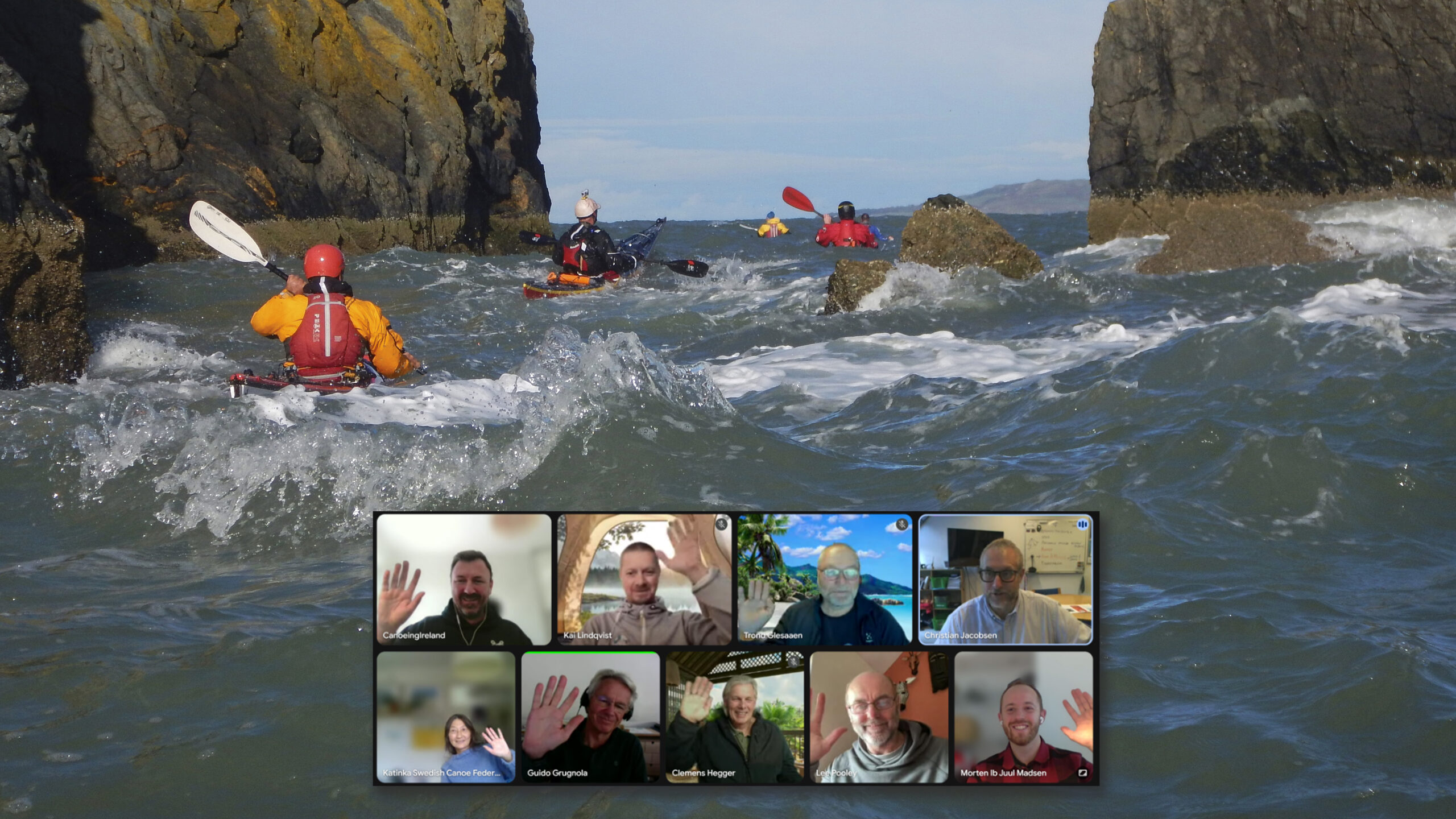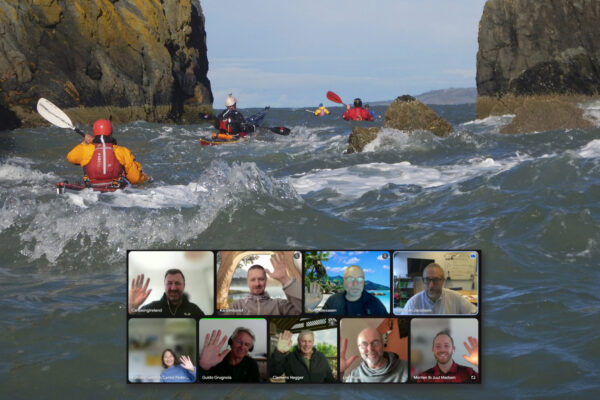Continued progress on framework development, safety, inclusivity, and future planning
The EPP Core Group held its second meeting of 2025 online on 6 October, bringing together technical experts, national federation representatives and working group leads from across Europe.
Much of the session focused on refining the EPP technical framework, which is the backbone of all national implementation. The group formally adopted the current draft as the new working version. This ensures a stable reference point for countries while allowing subgroups to keep working dynamically between meetings. The approach reflects a shared commitment to both consistency and evolution.
One of the most substantive discussions centered on safety. The Safety Subgroup presented its initial mapping of “must-change” areas, including clearer terminology across disciplines, better sequencing of skills through the levels, and improved assessor guidance. This structured approach will lead to concrete wording proposals before the next meeting, ensuring that safety remains both rigorous and practical for different national contexts.
Closely linked to this was the incident reporting initiative, led by Paddle UK. Recognising that current systems vary widely between countries, the group agreed to develop a light, common taxonomy and reporting structure that national systems can map onto. This will enable meaningful shared learning without imposing heavy bureaucracy — a good example of collaboration adding value at the European level.
The group also addressed inclusivity in skills assessment. There was broad agreement to include a clear statement on reasonable adjustments directly in the framework and to support this through assessor training. The aim is to make the framework more accessible while maintaining high and consistent standards. Denmark’s experience with digital licences, allowing conditional notes for adaptations, provided a practical illustration of how this can work in practice.
On the discipline development side, work on Touring and Flatwater Levels 3–4 continues steadily, with structured discussions planned for the next meeting. Organisationally, the current structure of subgroups and working methods was judged to be effective, and no changes were proposed.
The group also reviewed external relations. Dialogue with the European Canoe Association (ECA) remains constructive, with shared interests in education and touring, but no formal steps will be taken until the options are fully developed.
A key forward-looking item was benchmark planning. Following the lessons learned from the cancelled Bodensee event, Cork (Ireland) was approved as the host for the next EPP Benchmark, and preparations are already under way to ensure a smoother process. In addition, Milan (Italy) was confirmed as the host of the next EPP Core Group meeting, scheduled for 12–13 March 2026. This gives the subgroups a clear timeline for advancing their work over the winter months. The meeting concluded with a reminder for all members to submit agenda items and subgroup outputs well ahead of the next session to ensure focused and efficient discussions.
The day’s discussions reflected a maturing and collaborative process: one that balances technical rigour with openness and shared learning. As the EPP framework continues to evolve, these regular Core Group meetings remain essential for ensuring alignment, quality, and momentum across Europe.
Morten Ib Juul Madsen, EPP secretary


